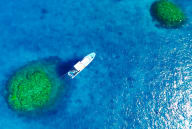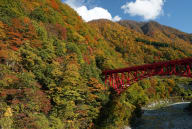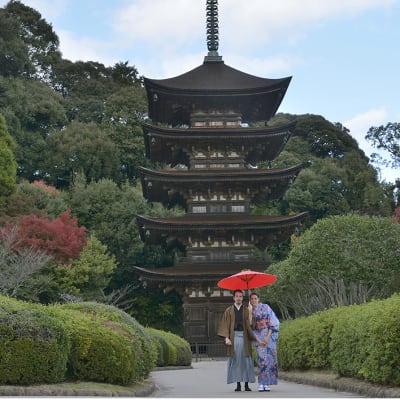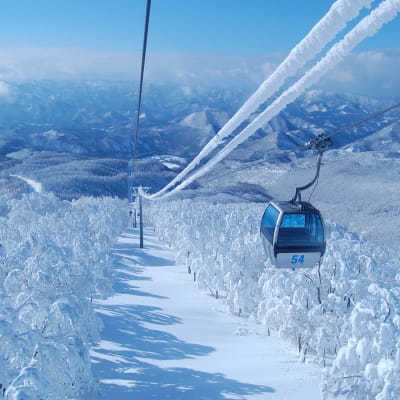HOME > Japan’s Local Treasures > Kotatsu Train along the Sanriku Coast
A cozy ride along the gorgeous Sanriku Coast in Iwate: Unforgettable experiences enjoyed from a warm kotatsu table
Ofunato City

There’s no better way to spend winter in Japan than bundled up under a warm kotatsu (a heated table with a blanket attached to it), and in Iwate Prefecture, you can experience this while riding a train along a gorgeous coast.
Every winter, the Sanriku Railway, which stretches from Miyako City to Ofunato City on Iwate’s coast, hosts a special kotatsu train where the seats are transformed into kotatsu tables, allowing passengers to warm themselves up during their ride. Other kotatsu trains include a retro-themed train and a train where local traditional performances can be enjoyed onboard.
The villages along the Sanriku Coast, as well as the Sanriku Railway itself, suffered immense tragedy from the tsunami of 2011, but the region has gone to great lengths to rebuild its towns and the railway, and it is now ready to give visitors a heartfelt welcome. A visit to the Sanriku Coast allows you not only to enjoy breathtaking scenery and incredible seafood, but also to hear local stories of resilience and recovery.

How to get there
To Miyako Station:
From Tokyo Station, take the Akita Shinkansen to Morioka Station (2 hours 15 minutes). From Morioka Station, take the 106 Express Bus to Miyako Station (2 hours 15 minutes).
To Sakari Station:
From Tokyo Station, take the Tohoku Shinkansen to Ichinoseki Station (2 hours 10 minutes). From Ichinoseki Station, take the Ichinoseki-Ofunato Line bus to Sunlia Shopping Center Station (2 hours 10 minutes).
Miyako Station
1-1 Miya-cho, Miyako-shi, Iwate-ken
Sakari Station
Uchinomae Sakari-cho, Ofunato-shi, Iwate-ken
Links
More Information
Tohoku Region | JNTO Official Website
Iwate Prefecture | JNTO Official Website
























































